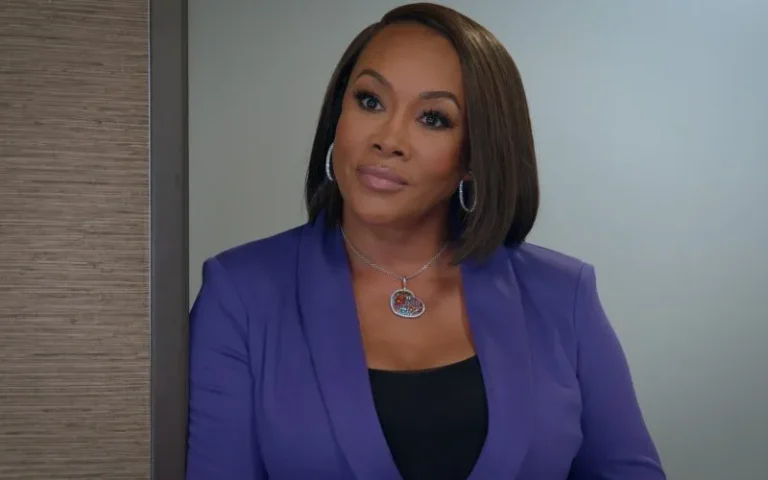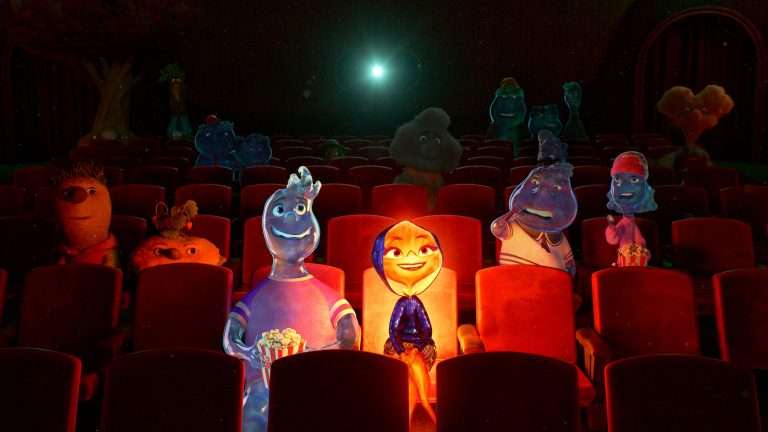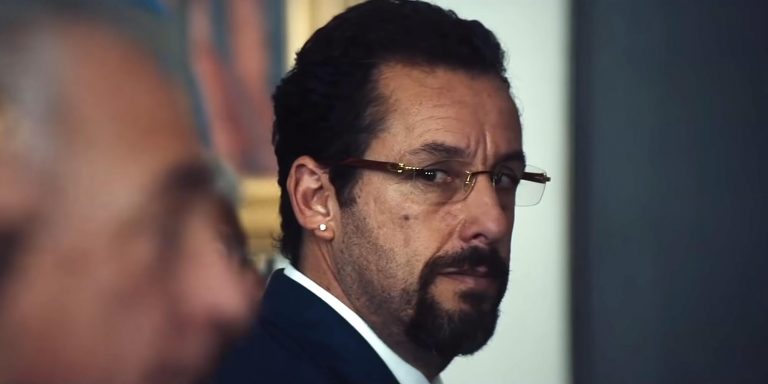Salaam Venky (2022): Directed by Revathi and based on the book, The Last Hurrah by Shrikant Murty, the film takes us through the final days of the 24-years old Kolavennu Ventakesh (played by Vishal Jethwa), who suffers from a terminal illness, Duchenne Muscular Dystrophy (DMD). His mother, Sujata (played by Kajol), has fulfilled each of his dreams growing up; now, she must fight the Indian legal system to help her son fulfill his final dream of organ donation, possible only if he can undergo euthanasia. In the mother-son’s fight for Venky’s right to die with dignity, they are supported by several people – the doctor treating Venky (played by Rajeev Khandelwal), Venky’s sister (played by Ridhi Kumar), the lawyer they have hired, Parvez (played by Rahul Bose), a journalist (played by Aahana Kumra), the people from the ashram where Venky grew up, and the nation. Does Venky win against the state in his plea for euthanasia? Revathi’s film solely rests on the drama and the tears, sacrificing the plot and the dialogues to the film’s emotional appeal.
Every flashback plays out like a happy memory or a song to contrast the bleak hospital setting of Venky’s current state. Two subplots run parallel to the main narrative, Venky and his girlfriend’s (played by Aneet Padda) dream to climb a lighthouse and Sujata’s conversation with her alter ego (also the God of Death in a formal black shirt?), played by an Amir Khan cameo. Not to forget, the second half of the film aspires to be a courtroom drama. There’s simply so much happening in this film that the audience is not given enough time to connect with Venky himself. As a result, the subject of Venky’s euthanasia feels less convincing than it should be. The script is also in danger of being too full of stereotypes, including a father who calls his terminally ill son a ‘dead investment’; one almost forgets that the story is based on the life of a real person.
Writers Sameer Arora and Kausar Munir shape a sappy script far from gut-wrenching. Venky’s flirtatious humor and cheeky, fun-loving self are predictable and too heavily reliant on Shah Rukh Khan and Rajesh Khanna for inspiration. In one scene, when the Judge presiding over Venky’s case is in conversation with his wife about the case, the latter quotes the Gita to show him the way through his confusion. The courtroom scenes are packed with so much theatricality that Bose’s acting skills could hardly salvage it. At one point in the film, I almost thought this was a television soap opera I was watching on the big screen.
Kajol seems to have been shaping herself to perfection into the character of a mother in her latest roles in Helicopter Eela (2019) and Tribhanga (2020). In Salaam Venky, she seems like an older version of Anjali Sharma from Kabhi Khushi Kabhi Gham (2001). The banter she shares with her son is punctuated by motherly sadness, her face always worn out in tension. Jethwa has to be one of the finest new-age actors in Bollywood currently. A scene where he cries out for his mother in the middle of the day, almost choking on his words, after he has had a spiritual revelation, are the two most heartwrenching minutes in the entire film. Everybody in this film is playing their part, but it all feels so desperately put together for the sake of melodrama that it comes off as uninteresting in the long duration of its runtime.
Any kind of death is a mortifying topic, and the aspect of a child’s death for his mother must bring along a foreboding sense of grief. While I am glad that the director has tried not to water down the latter for its audience, the use of meditative music in the backdrop (especially the sitar strings that accompany the Guruji’s presence on the screen) does far from stir up emotions. Salaam Venky perhaps aspires to be Bhansali’s Guzaarish (2010), but its head and heart are not quite aligned. If you’d like to work up your tear ducts, the film is playing in the theatres now.

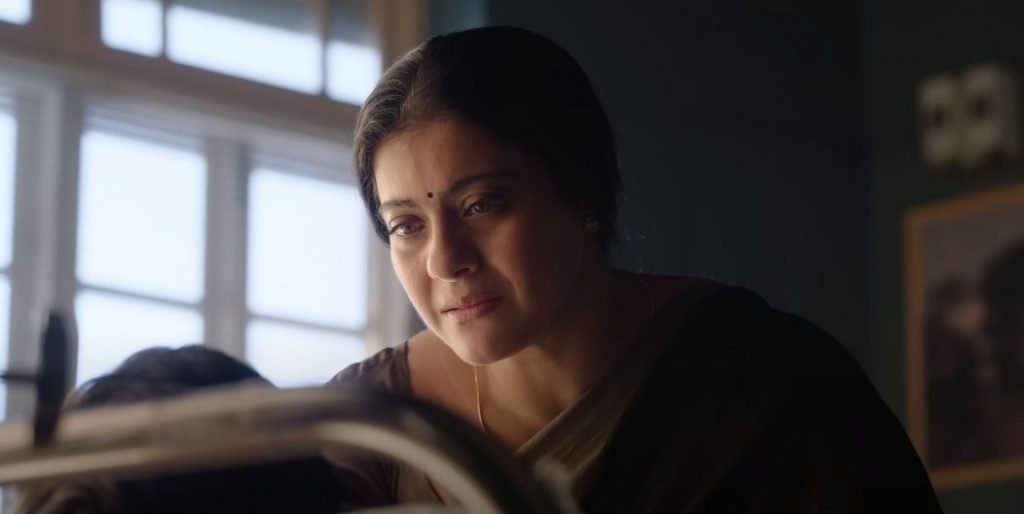




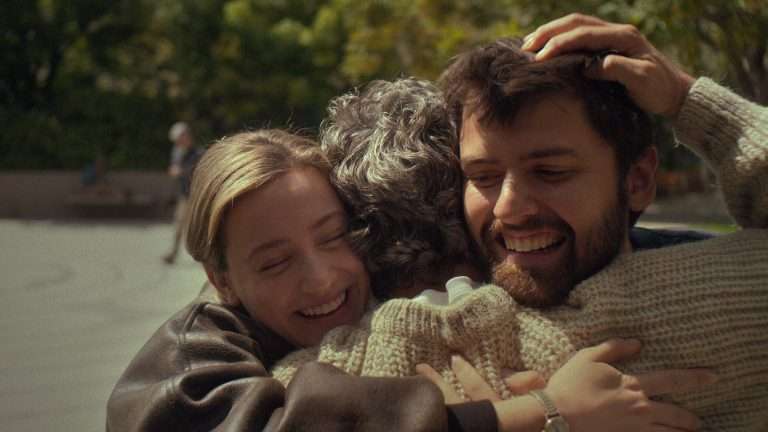
![Own Way [2019] Review: A Middling Soul-Searching Journey](https://79468c92.delivery.rocketcdn.me/wp-content/uploads/2019/06/201904150035556542-768x425.png)
